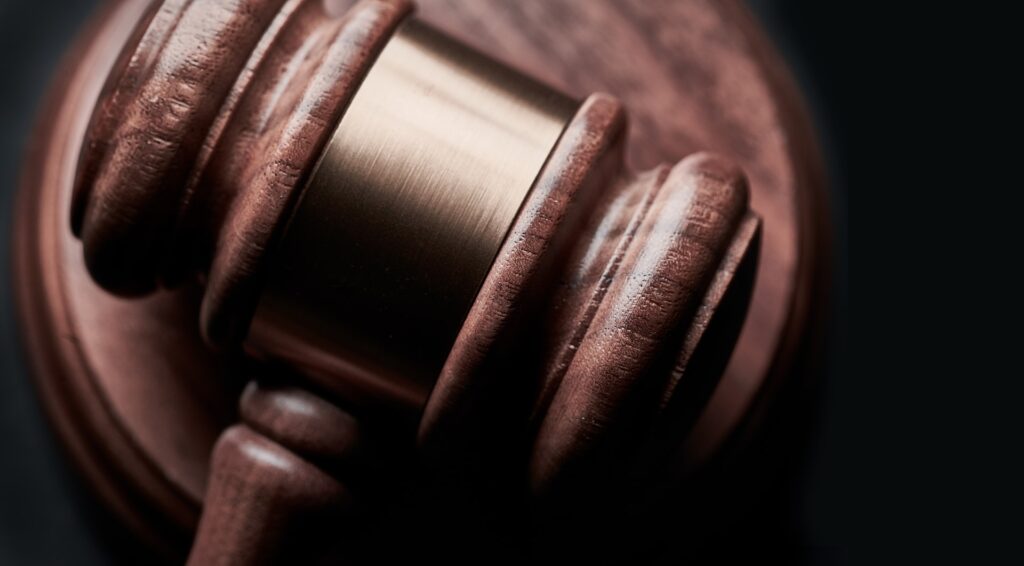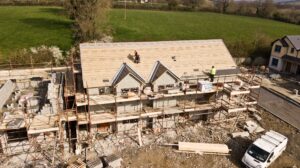
How Grandfathered Property Rights Can Save You Thousands
When you purchase, lease, or own property, there are numerous legal obligations that you must contend with. The parcels of property that you can purchase may be subject to different restrictions at the federal, state, and local levels.
There are also contractual restrictions that may be in place. These restrictions could be tied to lease agreements or HOA covenants. If you own a property, it’s highly recommended that you’re aware of how the law applies to your ownership. You should also have a thorough knowledge of contractual provisions and how they might apply.
Among the most common questions that property owners have about their rights is if these rights are “grandfathered” when it comes to property-related ordinances, restrictions, and laws. It’s possible for grandfathered property rights to save you thousands depending on where you live and the ownership situation you’re in. This guide offers a more comprehensive overview of these property rights.

What is the Grandfather Clause in Real Estate?
When it comes to any type of real estate, the grandfathered property rights that homeowners may gain access to can involve many different exceptions or privileges that the owner has because they had the property before specific regulations or laws went into effect.
Grandfathered property rights usually apply because of regulatory code or government statute violations. If there were provisions in laws that allowed for grandfathered rights, the homeowner who violated the law could be exempt from the fines and penalties that other homeowners would face.
Let’s say that a homeowner’s driveway extends past a property line and enters into their neighbor’s land. In this scenario, the homeowner could take a look at a previous version of the local municipal code to determine if the driveway’s width was correct when it was initially constructed. Another scenario involves a setback area encroaching the neighbor’s property. If the setback was compliant with local laws when the home was first built, the homeowner may not be in violation of local setback regulations.
In either of these situations, the homeowner could decide that the encroachment was initially justified because the construction of the building didn’t directly violate the local code. Homeowners could then argue that their property rights were grandfathered in.
Even though there are some legal protections in place for grandfathered property rights, the argument mentioned above isn’t effective when used in a property line dispute. However, grandfathered property rights can differ depending on local regulations and laws. It’s also possible for these laws to change as time passes.
Even though grandfathered property rights are often limited in California, you may have certain exceptions or privileges that allow you to bypass regulations pertaining to the building code and how the property is used. When these rights are in place, you can continue using the property in a manner that would otherwise be restricted with the most recent laws.

Grandfathered Property Rights
The “grandfather” term isn’t an actual legal term. However, it still shows up in certain ordinances, laws, and regulations. For instance, the Revised Code of Washington (RCW) contains a mention of grandfather in Section 9.41.300. This section of the revised code focuses on businesses that sell firearms and discusses the timeline for grandfathered properties.
The next section in this law also mentions that businesses that sell firearms can be grandfathered into the current law. While the revised code doesn’t indicate what the grandfathered process entails, the term usually means that a business or individual won’t be subjected to the latest ordinance or law but can instead comply with preexisting laws.
Grandfathering clauses are usually meant to maintain property rights for businesses or individuals who would be adversely affected. For instance, let’s say that a business would need to move its premises to comply with the current law, which would lead to financial losses as well as liability issues with the property loan.
The grandfather clause was likely placed in the revised code to make sure that the business didn’t lose access to its property. Even though this section of the code is centered around regulating firearms that are sold by businesses, the provision about grandfathering is aimed at protecting property rights.
While grandfathered property rights can exist in state laws, the statutory rights that businesses and individuals have access to are difficult to find. In fact, many matters that relate to property are handled locally, which makes it more likely for grandfather clauses to be found in county-level laws and regulations.

The process required to identify if a property right is grandfathered in will differ depending on where the property is located. Consider a property that’s situated in Tacoma, Washington. To determine if a property right has been grandfathered in, owners would be tasked with examining the Pierce County ordinances that relate to the property right in question. Any provisions in the RCW would also need to be reviewed.
Even if you can’t find a regulatory or statutory grandfather clause, it’s possible that you would be able to apply for a variance or waiver that would allow you to effectively preserve the preexisting property rights. Grandfathered rights may be available if:
- A new ordinance, law, or regulation made it much more expensive to maintain or use a piece of property
- The current property owner holds a preexisting right to use the property for a certain purpose, and a new law seeks to prohibit this purpose
- A new regulation, ordinance, or law provides rights to another person or utility, but these rights would interfere with existing ones
When it comes to contractual property rights, the terms of the contract should be reviewed to identify if any of the rights can be grandfathered in. For instance, in the event that an entity with a commercial lease uses the premises for a purpose that’s currently unauthorized, the lease agreement should be reviewed to determine if previous rights were grandfathered in. If so, the lease holder would be unable to enforce the current rules and regulations.
It’s also possible for this situation to present itself when a homeowner makes an improvement that’s not complaint with current HOA guidelines. There’s always a possibility that the HOA covenants state that the HOA needs to enforce their guidelines within a set period of time. If these guidelines aren’t enforced by the deadline, the HOA may lose its authority to do so. Keep in mind, however, that this exemption isn’t usually available for homeowners who fraudulently conceal HOA violations.
Ordinance That Provides Homeowners with Grandfathered Rights
An ordinance is any type of law that’s created by city or county governments. When a homeowner’s driveway doesn’t adhere to the access requirements found in the existing municipal ordinance, the municipality could choose to not require this individual to tear down the existing driveway and have a new one paved that conforms to current building requirements. The same is true if a side setback is closer to the nearby property than the existing ordinance allows.
In these situations, homeowners may be allowed to maintain the driveway and setback without receiving penalties because of the existence of grandfathered rights. However, the property owner could still be considered as violating their neighbor’s existing property rights, which means that they would be legally liable for the use of the neighbor’s property. Because of this liability, the homeowner would need to pay for the encroachment.
When you’re trying to determine what, if any, grandfathered rights exist in your case, you should also identify if there are any alternatives at your disposal. The availability of alternatives can differ with each case. In some situations, there won’t be other options, which means that the property owner would need to comply with the latest laws and regulations immediately after they are enacted. In other cases, the enforcement of a new regulation or law could be challenged as a violation pertaining to the Just Compensation Clause in the Fifth Amendment.
Under this clause, the government is unable to take private property without providing just compensation. If this situation involves depriving an owner of their property rights, it’s considered “inverse condemnation”. While it’s difficult to win a case involving inverse condemnation, there are legal options that you can consider. If a challenge is successful, your existing rights could be grandfathered in.

Conclusion
If you own a property that was built many years ago, it’s possible that you have rights that could be grandfathered in even after a new law passes that changes these rights. Grandfathered rights are commonly available if enforcing them would cause the property owner to move or spend a considerable sum of money in updating the property. If you believe that you have property rights that should be grandfathered in, check the local and state code to search for any mention of this term. A real estate lawyer can assist you with this process.

Jason Somers, President & Founder of Crest Real Estate
With over 15 years of professional experience in the Los Angeles luxury real estate market, Jason Somers has the background, judgement and track record to provide an unparalleled level of real estate services. His widespread knowledge helps clients identify and acquire income producing properties and value-ad development opportunities.
Learn more about Jason Somers or contact us.



